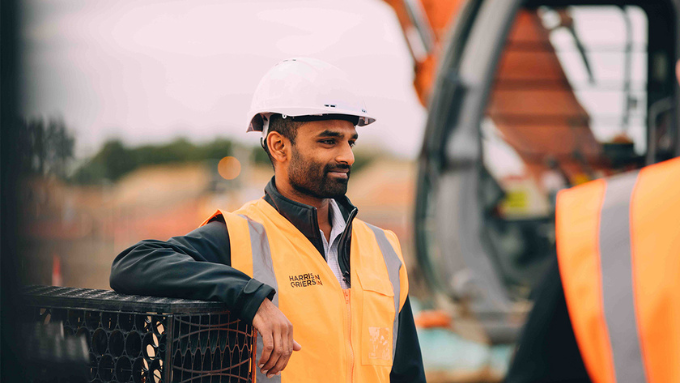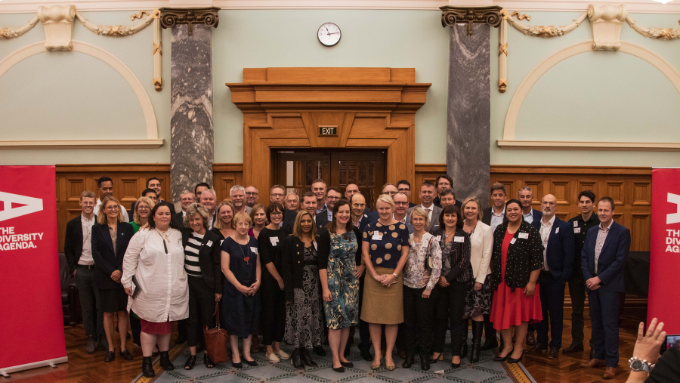Membership has grown from 44 firms at launch to 106 this year.
“Our goal is to help engineering and architecture firms become more diverse and inclusive through awareness, empowerment and action,” Sean says. “We want our professions to represent all of New Zealand society, where every engineer and architect feels safe and valued in their workplace, and make sure the professions are an inspiring career option for all Kiwi kids.”
Chief Executives from 45 member companies have made a deeper commitment to change by signing the Diversity Accord, making themselves publicly accountable for measuring and reporting on diversity statistics and progress on issues such as pay equity, eliminating bullying and harassment and uncovering barriers to equity in systems, practices and processes.
Signatories to the Accord, which was launched in 2020, will take part in an annual summit where they can share learnings, and a peer accountability model helps organisations meet their obligations within a safe, encouraging environment.
“If signatories don't meet their obligations, we have the right to remove Accord status from firms which means we can now push our firms more than ever before,” says Sean.
The Diversity Agenda also uses its powerful collective strength to raise awareness about the latest diversity statistics, share the voices of people within the professions through events, its website and email newsletters and empower firms to change by researching and creating resources in areas such as recruitment, policy, work environment and language.
Resources are limited - the Diversity Agenda has no fulltime employees so operates by sharing staff from its three founding organisations and has to use its limited time effectively and agilely to produce results.
“We realise how integral senior leadership is to bring actual change, as ultimately they are the ones that can drive action within firms,” says Sean.
Quarterly Diversity Agenda CE Roundtable events connect senior leaders to discuss diversity and inclusion. To create a broader platform for those senior voices, a monthly Big Interview series has been created to enable those leaders to share their knowledge.
The Diversity Agenda has also looked to utilise skills and knowledge from other organisations that can help with the journey, including the Construction Sector Accord, and has established good relationships within government to garner support for the work it’s doing.
“We're also not afraid of having the hard conversations, whether through our initial launch and #statsthatsuck which highlighted that 29 per cent of women leave the engineering and architecture professions within the first five years, or events such as our 'Māori in construction' webinar which gave a much-needed channel for Māori engineers and architects to discuss the struggles they've endured through working in heavily Pakeha-loaded environments that often aren't appreciative of te ao Māori.”
Members are quick to extol the benefits the initiative brings.
“As a boutique firm, it can be challenging to get access to experts, research and insights into leading practice in similar industries,” says BVT Engineering CEO Ceinwen McNeil.


